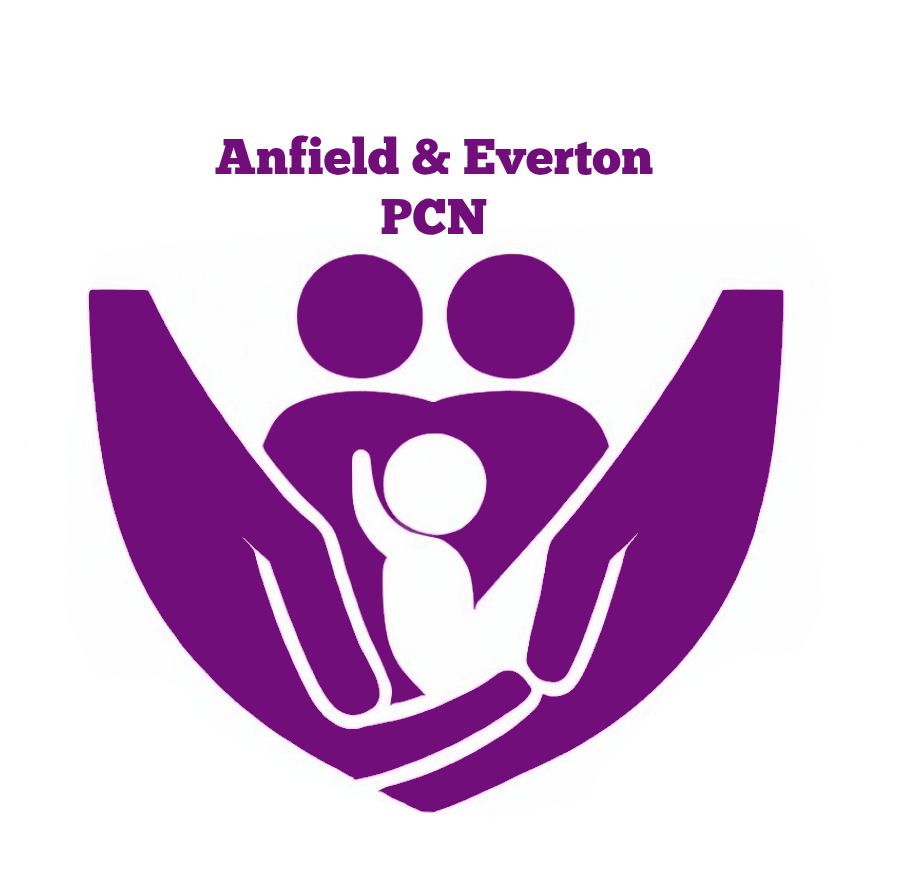
Pregnancy Support: From Bump to Baby
Thinking about having a baby? Or are you pregnant already? This page is here to give you pregnancy support in Liverpool – from planning a family to help after the baby is born.
When is the Right Time to Start a Family?
Deciding when to start a family is a deeply personal choice. While you’ll know when you feel ready, understanding key factors about fertility and pregnancy can help inform your decision.
Age and Fertility
- Age and Conception: Female fertility naturally declines after age 35. The likelihood of complications and certain birth defects also increases with maternal age.
- Spacing Pregnancies: Ideally, aim for around 18 months between pregnancies to improve outcomes. Balance this with age-related fertility changes and your personal readiness.
- After Miscarriage: There’s no single “right time” to try again after a miscarriage. Allow yourself time to physically and emotionally heal.
Improving Your Chances of Conception
- Conception Rates: Around 80% of couples under 40 conceive within one year of trying. Half of those who don’t, conceive within two years.
- Frequency of Sex: Having regular sex every 2 to 3 days throughout the month is recommended. While timing sex around ovulation seems logical, guidance from NICE advises it can be stressful and isn’t necessarily more effective. Sperm can live for about 5 days, so it can “wait” for the egg.
- Folic Acid: Taking 400mcg of folic acid daily for three months before conception and up to 12 weeks of pregnancy significantly reduces the risk of neural tube defects (like spina bifida) by 70%.
- Higher Dose (5mg) Folic Acid: A higher prescription dose is needed if you have a family history of neural tube defects, diabetes, coeliac disease, a BMI over 30, are on certain anti-epileptic medications, or have conditions like sickle cell anaemia or thalassaemia.
- Weight and Diet: Aim for a healthy BMI (18.5 to 24.9). Being underweight can increase risks of miscarriage and low birth weight, while being overweight can lead to subfertility and various pregnancy complications. If you’ve had bariatric surgery, use contraception until your weight stabilises (usually 12 months post-procedure).
- Smoking: Stop smoking before conception. Smoking is linked to miscarriage, stillbirth, premature birth, low birth weight, and conditions like cleft lip and palate. Seek support from your local Smoke Free service.
- Alcohol: Avoid alcohol entirely when trying to conceive. Alcohol can increase the risk of miscarriage, low birth weight, and Foetal Alcohol Spectrum Disorders (FASD).
- Vaccinations & Screening: Before trying to conceive, ensure you’re up-to-date with:
- Cervical screening and STI screening.
- MMR, Varicella (Chicken Pox), and Hepatitis B vaccinations.
- Consider haemoglobinopathy testing (e.g., for sickle-cell disease, thalassaemia) if you’re from at-risk regions (Mediterranean, Middle East, Asia, sub-Saharan Africa) or have a family history.
- If you’ve recently travelled to a Zika-affected country, avoid conceiving for three months (men) or two months (women) after exposure.
NHS Funded Fertility Treatment for Same-Sex Couples & Single Women
In Cheshire and Merseyside, NHS-funded subfertility treatment policies for same-sex couples and single women require evidence of proven subfertility. This is defined as no live birth after up to six cycles of artificial insemination (AI), or subfertility proven by clinical investigation following NICE guidance.
- AI must be undertaken in a clinical setting with initial assessment.
- The Clinical Commissioning Group (CCG) will not fund the initial AI cycles, but will fund access to a clinical consultation for further assessment and treatment options.
Do You Need to Contact Your GP?
Generally, you don’t need GP involvement to plan conception for straightforward pregnancies. You can often book antenatal care directly (e.g., at Liverpool Women’s Hospital by calling 0151 2474747).
However, we highly recommend contacting your GP or nurse practitioner if you have any of the following pre-existing conditions, as specialist advice or re-evaluation of your health needs may be required:
- Taking prescribed medication
- Using illicit drugs (we offer in-house drug and alcohol services)
- Mental health problems
- Thyroid disease
- Diabetes
- Epilepsy
- Hypertension (High Blood Pressure)
- Kidney disease
- Asthma
- High risk of previous blood clots
- Cardiac disease
- Rheumatological conditions
- Inflammatory bowel disease
- Haemoglobinopathies
Who they are: Tommy’s is a special charity that helps families have healthy babies.
What they offer: They give trusted information and support for when you are planning to get pregnant. This includes tips on:
Eating well
Staying active
What to think about before you try for a baby
How to get their advice: Read Tommy’s Guide to Planning a Pregnancy.
Get ready for a healthy pregnancy with trusted advice straight from the NHS. This important guide from the NHS helps you think about key things before you try to have a baby.
It covers how to live a healthy life, what vitamins to take, important jabs (vaccines), and what to talk about with your GP (doctor) before you try to get pregnant. Visit the NHS Guide to Planning Your Pregnancy.
Are you pregnant or have you recently had a baby in Liverpool? Do you want to stay active and feel good? Mamafit UK offers special pregnancy exercise classes Liverpool for mums and mums-to-be.
These classes help your body and your mind feel better during your journey as a parent.
What Mamafit UK Offers:
Safe Exercises: Classes are made just for pregnant women and new mums. This means they are safe for your changing body.
For Body and Mind: Staying active helps your physical health (like getting stronger) and your mental health (like feeling happier and less stressed).
Local Classes: You can find a class near you in Liverpool.
Variety of Classes: They offer different kinds of fitness classes, including free options at some locations for pregnant women and mums with babies under 1 year old.
Find a Mamafit UK Class Near You
Contact Mamafit UK directly:
Phone: 0151 384 3666
Email: Hello@MamafitUK.com
